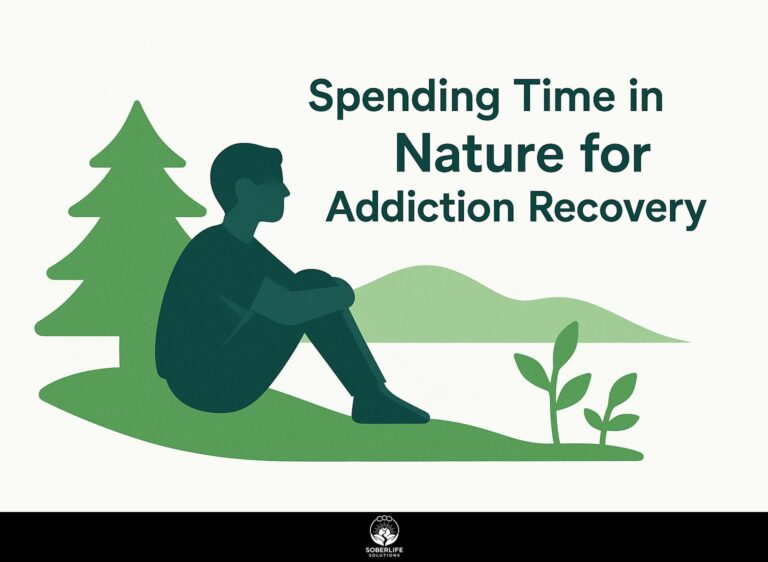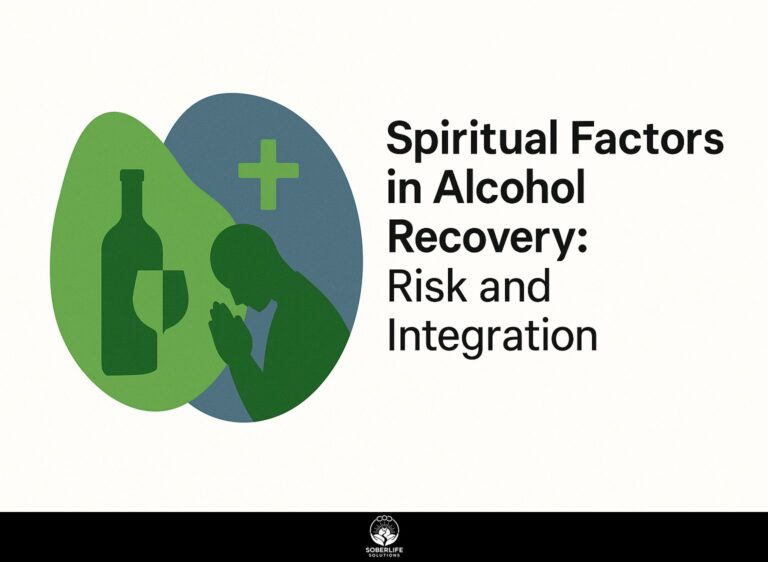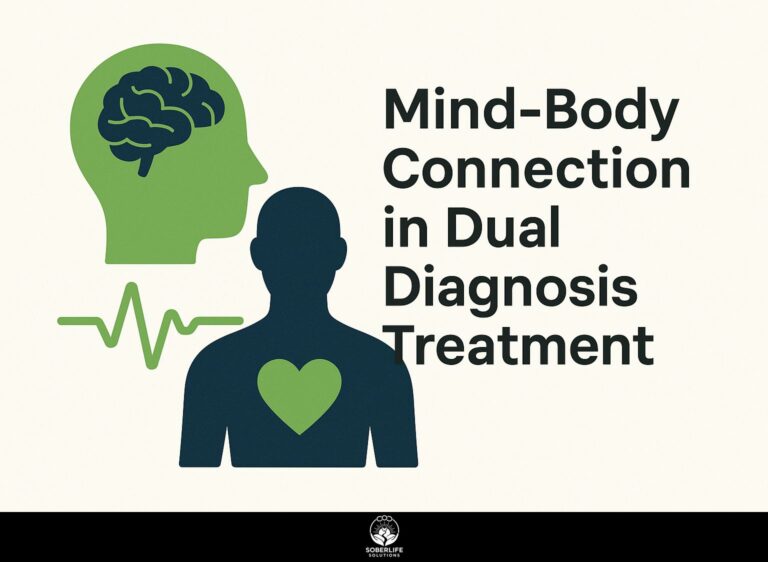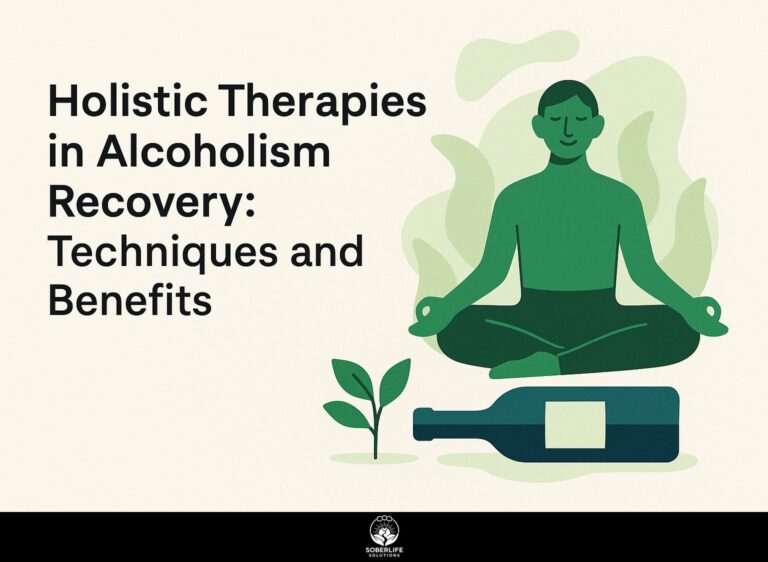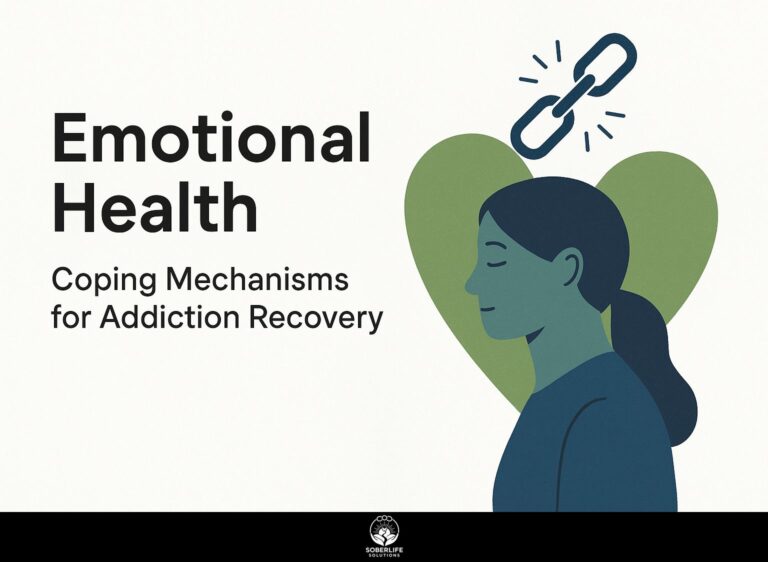Fitness, Nutrition, and Sleep in Addiction Recovery
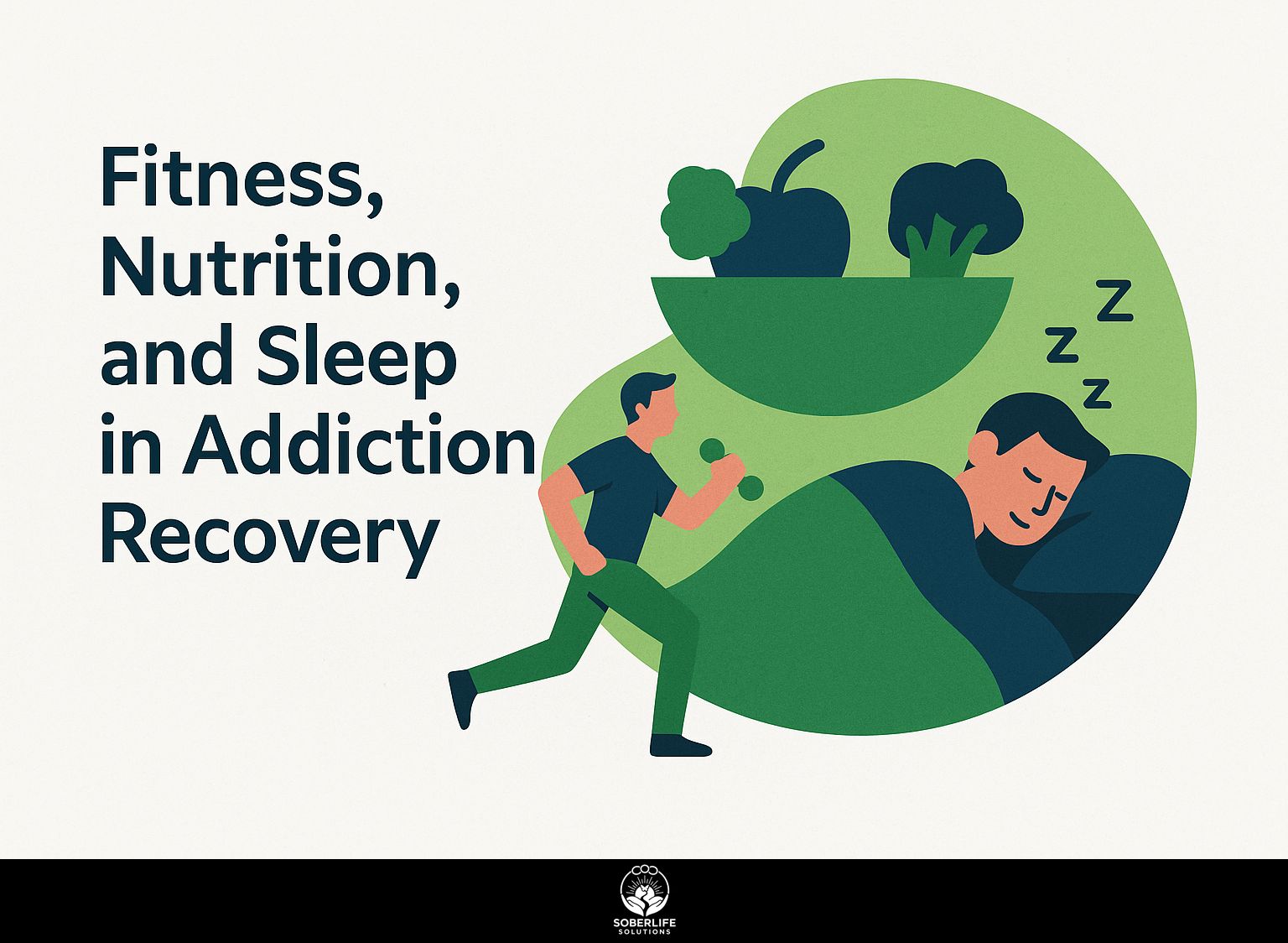
Overcoming addiction for good means stopping substance use and also focusing on your overall health through regular exercise, healthy eating, and enough sleep. Focusing on exercise improves confidence and mental health, playing an important role in the path to recovery. In this article, we will look at how these lifestyle changes can build strength and help you on your way to a healthier and more satisfying life. Find practical methods to change your recovery experience.
Key Takeaways:
The Role of Lifestyle Changes
Lifestyle changes, such as adopting healthy habits, are important for achieving lasting success in addiction recovery.
To aid in recovery, people can make various practical changes to their daily habits.
Incorporating regular physical activity, such as joining a local gym or participating in group sports, helps reduce stress and improve mood. Practicing mindfulness activities like daily meditation or yoga helps people become more aware of themselves and manage their emotions better.
Establishing a structured daily routine that includes healthy meals and adequate sleep promotes overall well-being. Being part of a support group creates a feeling of togetherness and responsibility, offering important motivation during difficult periods.
Collectively, these practices create a solid foundation for sustained recovery.
Importance of Fitness
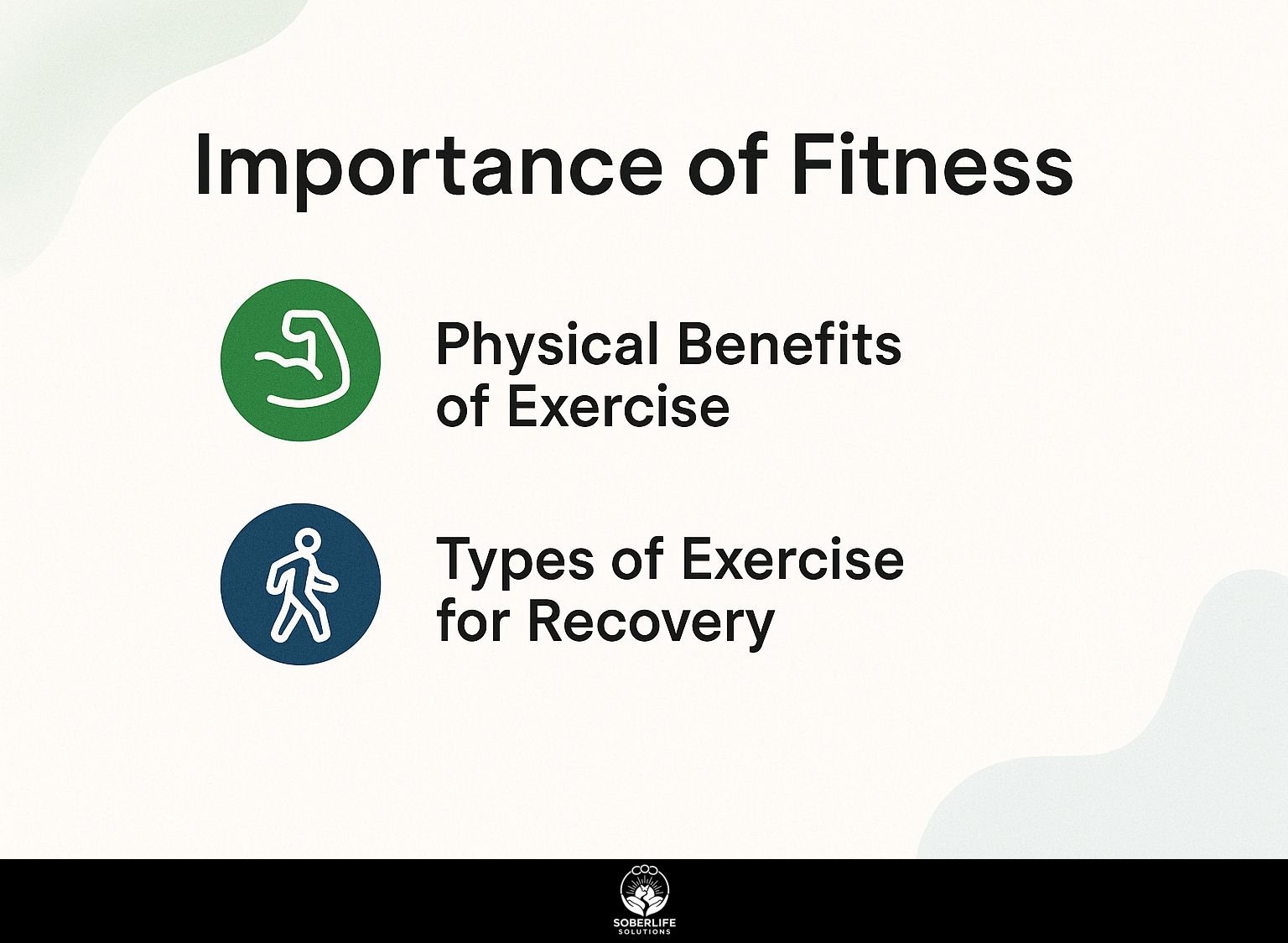
Physical fitness isn’t only about appearance; it’s important for mental health and overcoming addiction, as it can help with emotional balance and stress management. In fact, exploring various exercise strategies in addiction recovery can significantly enhance these benefits.
Physical Benefits of Exercise
Regular exercise can lower stress, clear the mind, and stabilize emotions, serving as a natural help in recovery.
To successfully add exercise to your routine, create a well-rounded weekly plan. For instance, aim for 150 minutes of moderate aerobic activities like brisk walking or cycling each week, while also integrating strength training exercises twice weekly. According to the American Heart Association, these recommendations are key to maintaining good health and preventing cardiovascular diseases, aligning with their guidelines on physical activity available here in their extensive research findings.
Add yoga or mindfulness practices at least once a week, which can improve emotional stability. Apps such as MyFitnessPal can help keep a record of your workouts, and YouTube provides many yoga and fitness videos to show you how.
Bringing these elements together strengthens physical and mental endurance.
Types of Exercise for Recovery
Various exercises aid in recovery, ranging from gentle yoga to intense interval training (HIIT), allowing people to choose an activity they like.
Yoga is a fantastic choice for stress relief and mindfulness, with classes available at local studios or online platforms like Yoga with Adriene.
To keep your heart healthy, do activities like brisk walking or cycling daily.
On the other hand, HIIT workouts, which alternate intense bursts of activity with short rest, are notable for their efficiency in burning calories and can be found on fitness apps like Nike Training Club.
Each exercise type supports recovery in its own unique way, catering to diverse preferences.
Nutrition in Recovery
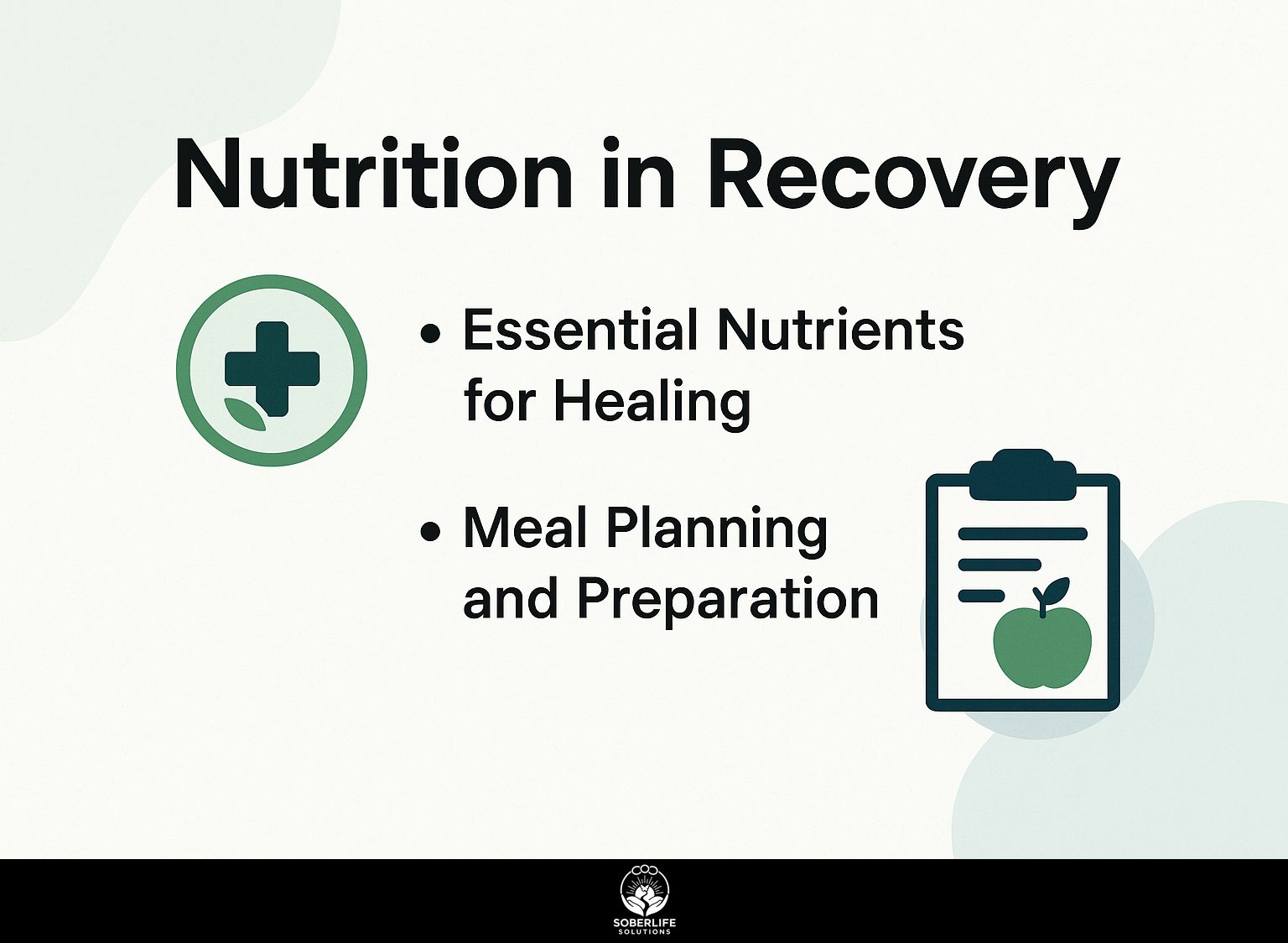
Nutrition is important for addiction recovery as it provides the body and brain with essential nutrients needed to heal from substance use. For practical advice, explore these insightful nutrition tips for addiction recovery.
Essential Nutrients for Healing
Key nutrients, including omega-3 fatty acids and probiotics, are essential for restoring health and combating nutrient deficiencies common in individuals recovering from addiction.
Incorporating specific nutrients can significantly aid recovery.
For example, omega-3 fatty acids, found in fatty fish like salmon and walnuts, support brain function and reduce inflammation. Probiotics found in yogurt and fermented foods improve gut health, which is important for general well-being.
B vitamins, especially B6 and B12, can be found in leafy vegetables and whole grains to increase energy and improve mood. These nutrients help with better focus, steady emotions, and overall physical well-being, which are important for recovery processes. As noted by WebMD, understanding the role of nutrition in addiction recovery can enhance the effectiveness of these dietary choices. According to WebMD’s insights on Addiction and Nutrition, a balanced diet is crucial in supporting recovery.
Meal Planning and Preparation
Being good at planning and cooking meals is important for people in recovery to keep a balanced diet and meet their nutritional needs.
- Start by dedicating a couple of hours each week to plan your meals. Use apps like MyFitnessPal to monitor what you eat, helping you change your meals to match your goals.
- When grocery shopping, create a list based on your meal plans to avoid impulse buys; this conserves both money and time.
- Consider batch cooking; prepare larger servings of healthy recipes, like quinoa salads or vegetable stir-fries, and portion them out for the week.
- Keep hydration a priority-aim for at least eight glasses of water daily to support recovery.
Sleep and Recovery
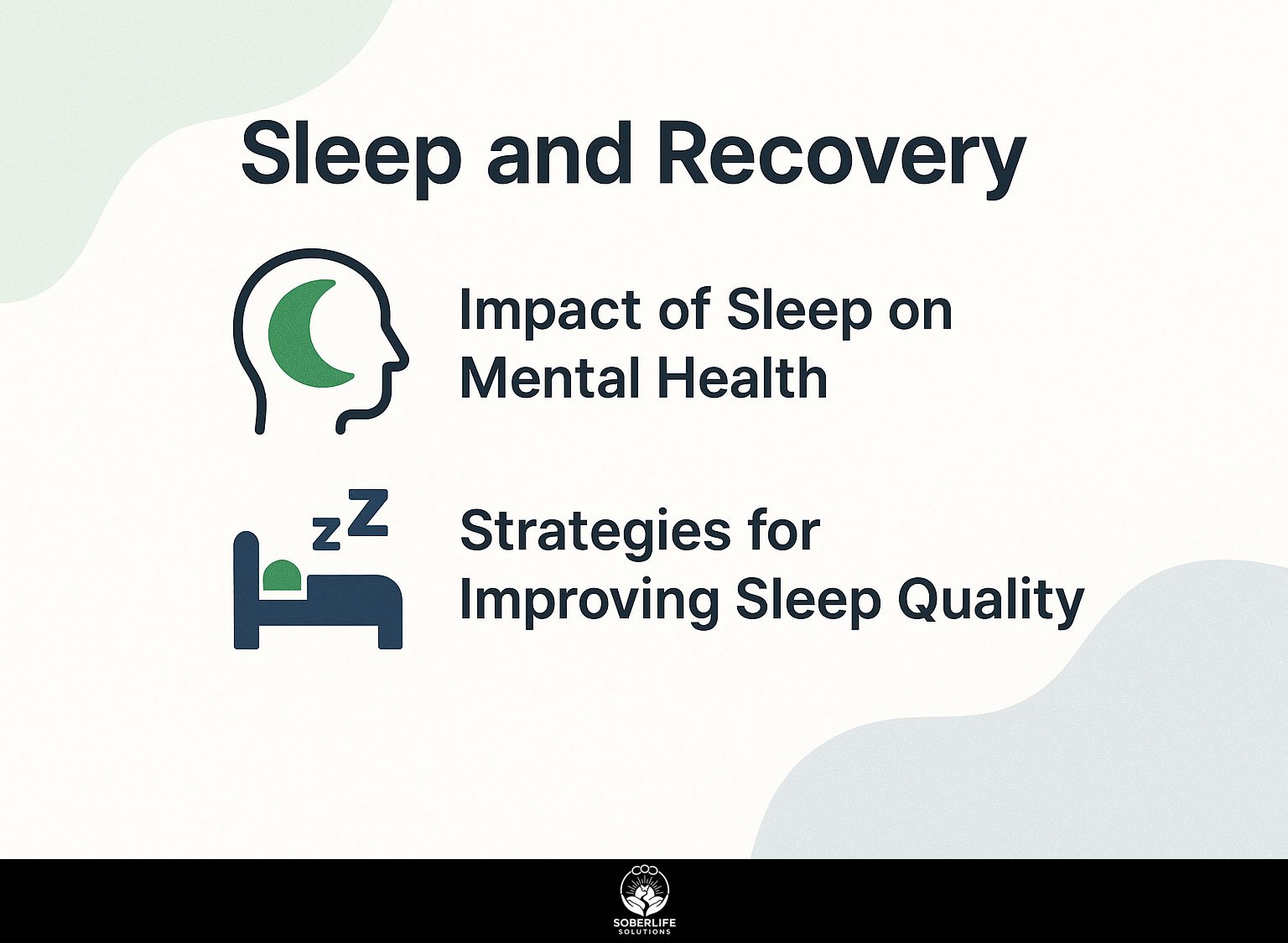
Getting enough good sleep is often ignored, yet it is an important part of overcoming addiction because it affects mental health and emotional balance. For those looking to improve their sleep, our quality sleep tips for addiction recovery can be a valuable resource.
Impact of Sleep on Mental Health
Research indicates that poor sleep can worsen mental health issues, making recovery more difficult and reducing the ability to handle stress.
For instance, a study published in the Journal of Clinical Psychiatry found that individuals who experience sleep deprivation are three times more likely to relapse into depression.
To address this, focusing on good sleep habits is essential. Simple strategies include:
- Maintaining a consistent sleep schedule
- Creating a restful environment
- Limiting screen time before bed
Using tools like sleep-tracking apps (such as Sleep Cycle or Calm) can give you information about your sleep habits, helping you make needed changes for improved mental health. For context, an in-depth analysis by the CDC explores how inadequate sleep can lead to frequent mental distress.
Strategies for Improving Sleep Quality
Implementing effective sleep hygiene practices can significantly improve sleep quality, which is essential for recovery and well-being.
Start by sticking to a regular sleep routine-go to bed and get up at the same time every day.
Try mindfulness meditation to calm your mind; apps like Calm or Insight Timer provide guided sessions.
Create a sleep-friendly environment by dimming lights an hour before bed, maintaining a cool room temperature, and minimizing noise with earplugs or a white noise machine.
Reducing screen time an hour before bed can help by lowering blue light exposure, which interferes with melatonin production.
Integrating Fitness, Nutrition, and Sleep
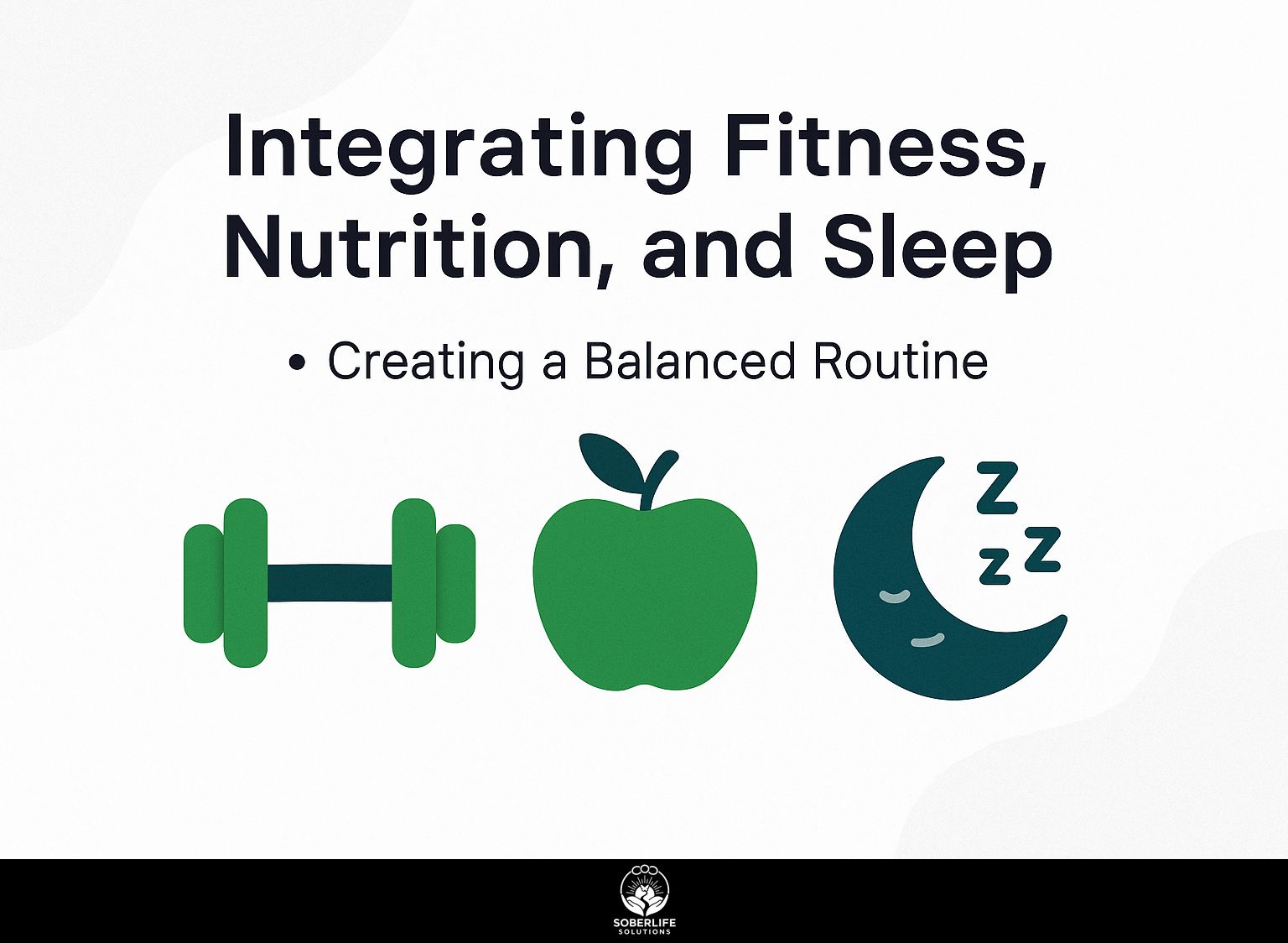
Putting exercise, healthy eating, and good sleep into your daily schedule helps build a solid base for long-term recovery and overall well-being. This approach has significant implications for maintaining a balanced lifestyle-our nutrition tips for addiction recovery elaboration demonstrates practical methods to enhance nutritional habits effectively.
Creating a Balanced Routine
To keep getting better, people should make a daily plan that includes physical activity, nutritious meals, and enough rest.
- Start by allocating specific time blocks in your day. For example, designate 7-8 AM for morning exercise, where you might engage in 30 minutes of cardio or yoga.
- Then, set aside 8-9 AM for a nutritious breakfast, perhaps oatmeal with fruits and nuts. Meal prep can follow from 4-5 PM, allowing you to prepare balanced dinners for the week ahead.
- Set a regular sleep schedule with lights off by 10 PM to get 7-8 hours of good sleep. Apps like Trello can help you plan and monitor these activities easily.
Frequently Asked Questions
What is the importance of fitness, nutrition, and sleep in addiction recovery?
Exercise, eating well, and getting enough rest are important for recovering from addiction. They help make you feel better physically and mentally, increase energy, and lower stress and cravings.
How does regular exercise benefit those in addiction recovery?
Regular exercise can lower symptoms of anxiety and depression, improve mood and self-worth, and lead to better sleep – all important for people recovering from addiction.
What types of exercises are recommended for those in addiction recovery?
Any type of physical activity that you enjoy can be beneficial in addiction recovery. Some examples include running, yoga, weightlifting, swimming, and hiking.
Why is nutrition important in addiction recovery?
Eating well is important in overcoming addiction because it fixes harm from substance use, strengthens the body’s defenses, and supplies essential nutrients for healing and growth.
How can a healthy diet help with addiction recovery?
A healthy diet can help reduce cravings for drugs and alcohol, improve overall physical and mental health, and provide the necessary energy for engaging in other forms of self-care.
How does sleep impact addiction recovery?
Sleep is essential for overall health and well-being, and it plays a critical role in addiction recovery. Sleeping well can make you feel happier, reduce stress, and help you think better.

